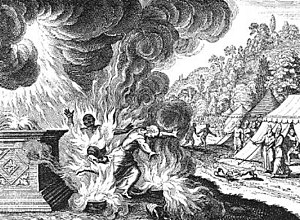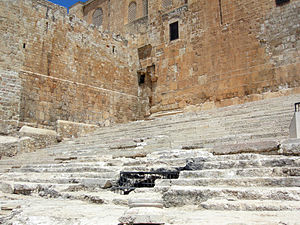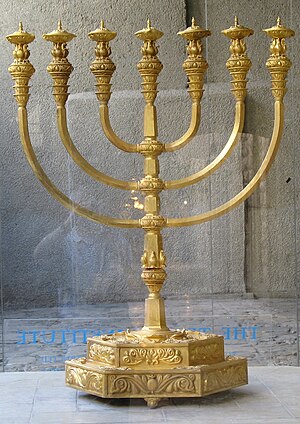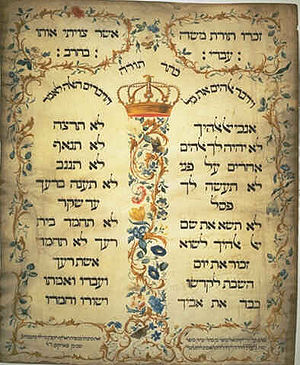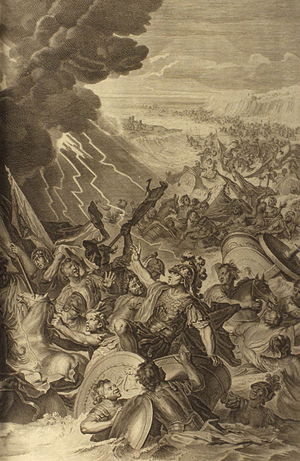We often hear that we should just believe that everything will work out alright. Others say “relax – don’t worry.” Just believing that everything will be fine, doesn’t change anything, except possibly, one’s frame of mind. When my Dad was in the hospital, sustaining multiple heart attacks in succession, we visited him and encouraged him to get better by talking to him about all of the travel plans he made; we all desperately believed in a future in which he would travel in his RV and visit all of the places on his list. He believed; we believed; together we echoed each other’s beliefs about healing. Yet, one afternoon, when my Mom popped into his hospital room to let him know of the errands she had to run, he simply breathed his last. No medical wizardry could revive him; my Dad simply passed on.
We were all so stunned. But, the truth settled thickly around our hearts; how much you want something to be true doesn’t alter reality. Reality is what it is. Dad died. So what about believing? Intelligent believing is about whom you place your trust in and why.
Similarly, Israel was learning who God was and why they should trust Him. After witnessing the devastating plagues which afflicted the Egyptians, the Israelites fled Egypt in order to return to the land of Canaan, which was promised to them by God. As they began their journey, they soon realized that Pharaoh's army was in hot pursuit of them and that it would soon overtake them. When they saw the army, Israel responded in fear rather than in trusting God. Moses assured the nation of God's deliverance and exhorted them to trust God to do His work.
In response, God chose to part the Red Sea and to dry the land beneath the sea so that His nation would cross on solid ground. After all of Israel crossed the sea, the Egyptians followed them, but God released the waters so that all of the Egyptians were drowned.
Exodus 14:31: And when the Israelites saw the great power the Lord displayed against the Egyptians, the people feared the Lord and put their trust in Him and in Moses His servant (NIV).
Even though this fledgling nation had an oral tradition, which assured them of God’s covenant promises with Abraham, Isaac, and Jacob, they haven’t heard from God in four hundred and thirty years. While some in that population may have believed in God’s promise to deliver them from the land of bondage, a great many others may have dismissed this promise as a cultural fable.
But really, God’s plan of deliverance was not dependent upon how many, if any, believed in it. Rather, God wanted Israel to know that He was a mighty and powerful God acting on their behalf; God demonstrated His power with the plagues and later with the crossing of the Red Sea. To personalize His relationship with the nation, He told Israel to memorialize Passover with a feast every year on Nisan 14.
After the crossing of the Red Sea, Moses and his sister, Miriam, lead the people in song praising God for all that he has done. A verse I really like is, Exodus 15:11:
Who among the gods is like You, O Lord?
Who is like You - majestic in holiness, awesome in glory,
working wonders?
Israel as a nation began to see God and to glorify Him. And, this is a refrain we can still sing today.
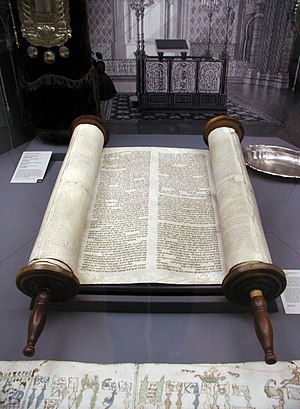 Image via Wikipedia
Image via Wikipedia
